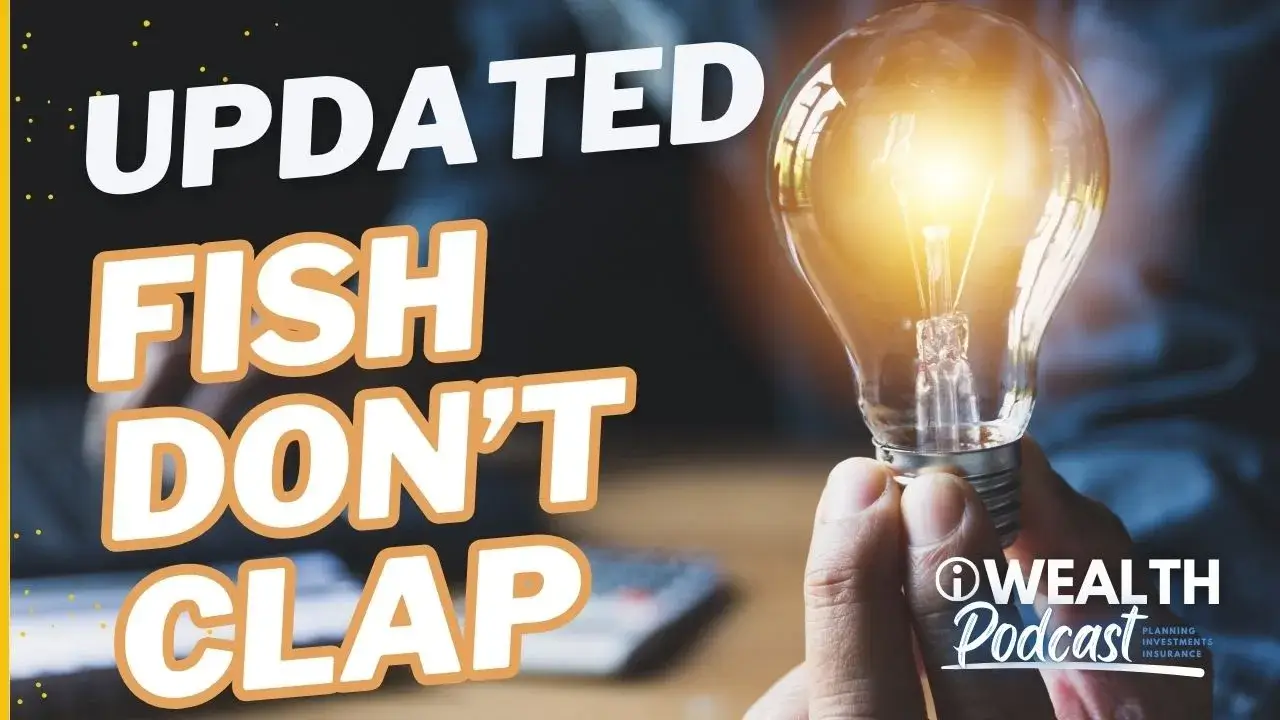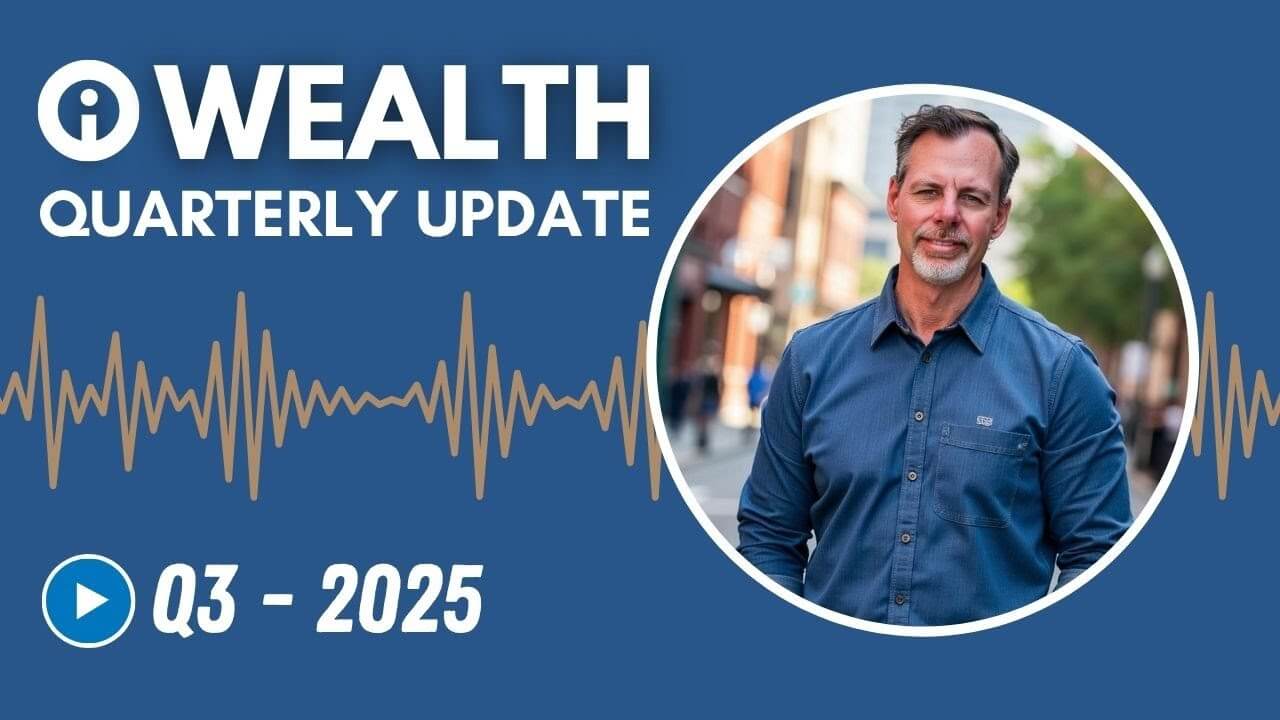iWealth Financial Resources
Helping You Pursue Your Financial Goals
Sign Up Today For Financial Education From iWealth
Whether you prefer to read, watch or listen, we have you covered!
iWealth TV
Year-End Financial Strategies
Comprehensive Financial Planning Quick Guide
Your Dream Your Team – How iWealth Works for You
Financial Planning Generational Wealth Planning
Year-End Tax Playbook – IRA Moves and 2026 Outlook
Financial Planning Generational Wealth Planning
QCDs Explained – Turning Your RMD Into a Gift That Matters
Giving Back Generational Wealth Planning
Sharing Warmth with the iWealth Holiday Food Baskets Drive
Giving Back iWealth Foundation
Strategic Year-End Gifting to Family and Charity
Generational Wealth Planning Leaving A Legacy
Finding Joy Through Giving and Financial Purpose
Giving Back Generational Wealth Planning
Fish Don’t Clap: Why You Might Change the Way You Think About Retirement
Retirement Plannning Holistic Financial Planning
Working Together Toward a Meaningful Retirement
Retirement Planning Investment Strategy
The Role of Personal Values in Generational Wealth Planning
Leaving A Legacy Generational Wealth Planning
Living the American Dream with Purpose – How Faith Family and Planning Define True Wealth
Holistic Financial Planning Generational Wealth Planning
Start Early – Financial Planning for Kids and Grandkids
Generational Planning Leaving A Legacy
Q3 2025 iWealth Stock Market Reflections
Quarterly Stock Market Update Investment Strategy
Financial Life Lessons from Our Player of the Game Athletes
Holistic Financial Planning Giving Back
How Charitable Giving Builds Stronger Families
Giving Back Generational Wealth Planning
Comprehensive Financial Planning Services in Minnesota
Comprehensive Financial Planning Quick Guide
Does Your Investment Strategy Reflect What Matters Most
Investment Strategy Financial Planning
How to Retire with Purpose Not Just a Stock Portfolio
Financial Planning Retirement Planning




















